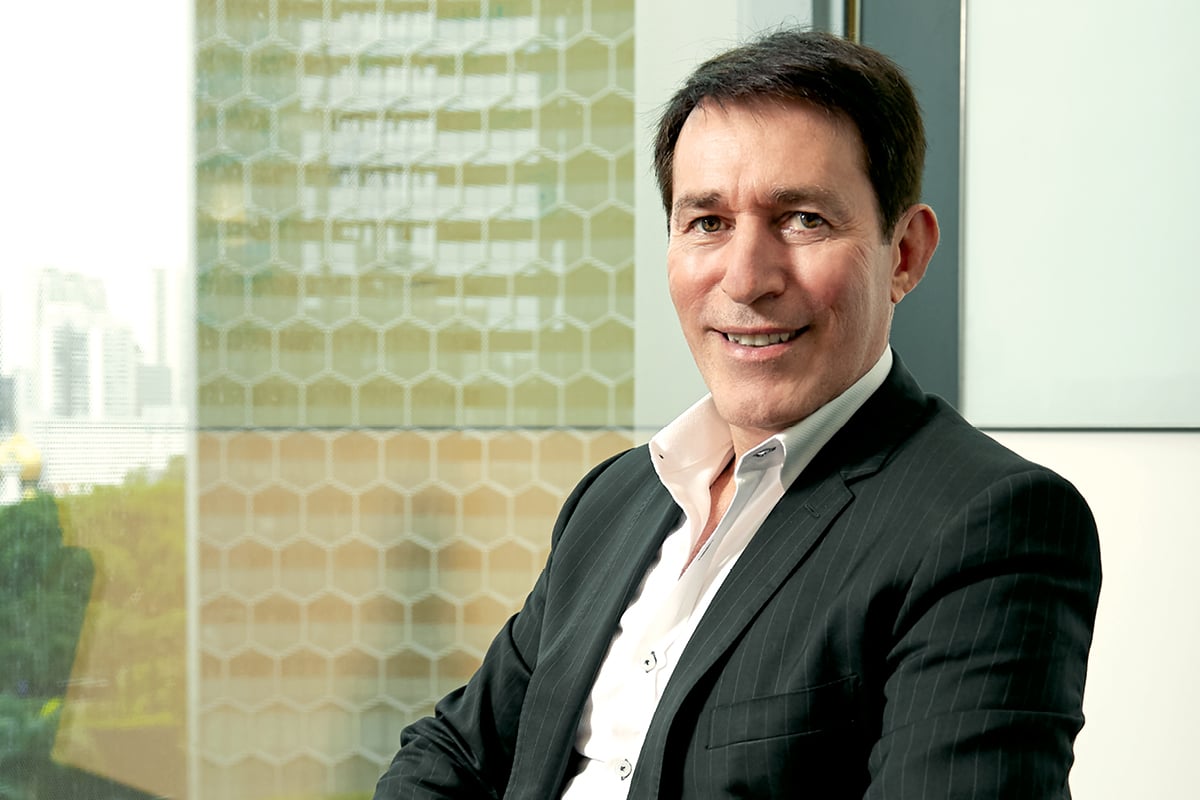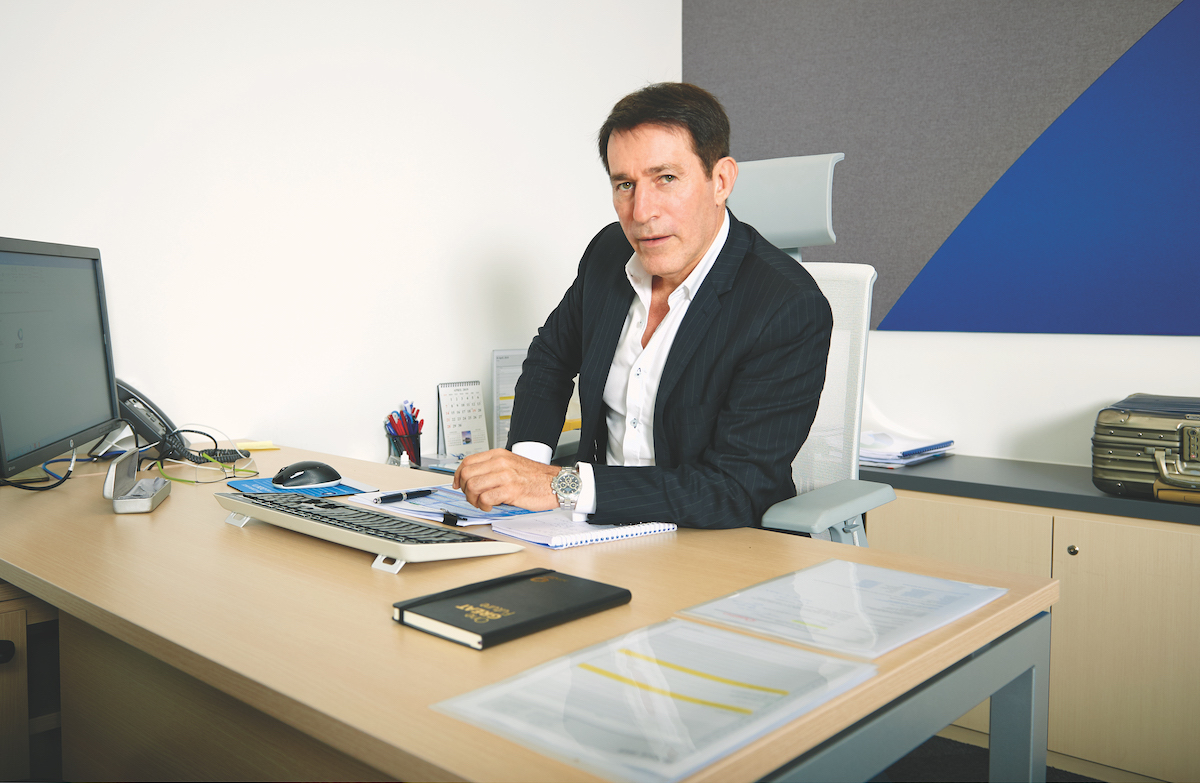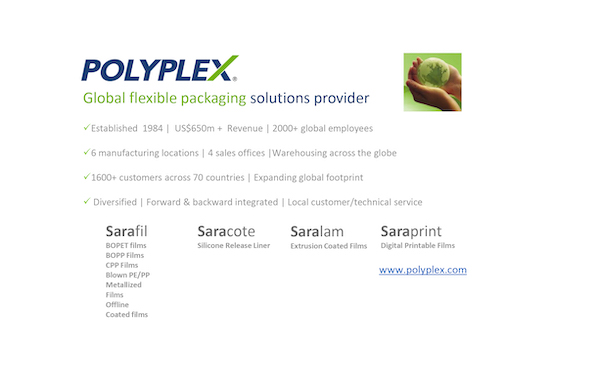Safety is paramount at packaging company Amcor, whether workers are in the office or on the shop floor. “Manufacturing is where the larger risks are in comparison to an office environment, whether it be people potentially tripping over things in a factory or putting their hands into moving equipment,” says Amcor Chief Commercial Officer Michael Zacka.

“Before every shift starts in any of our plants, supervisors will remind the workers of the safety checklist before they go on the floor, just like you do when a plane takes off, to get it at the top of people’s minds.”
The company’s number one priority is to have zero injuries in the workplace. It even introduced a “buddy system”, where everyone is encouraged to look out for each other. “Someone might come to work when they’re a little bit tired or they might forget certain safety protocols,” Michael explains.
“We hope to create an environment where a colleague would tap you on the shoulder and say, ‘Hey, be careful of this.’ We must secure a work environment where every single Amcor colleague goes home safely to their loved ones every day.”
Employees are of utmost importance at Amcor – just like Formula One racing, as Michael likes to look at it. “You can have a great car and a great set of engineering, but unless that all comes together with people, those assets are going to be somewhat sub-optimised,” he explains.
It is this emphasis on people that makes the company ensure safety is the number one priority. “What we do with every new and existing employee is continually train and remind them of all of the safety issues and risks for the part of the plant that they work in. It’s a combination of continual support and supervision.”
Amcor provides a wide range of packaging solutions for the food, beverage, pharmaceutical, medical and personal-care sectors. Michael joined the business in June 2017 after working as President Asia for Tetra Pak. “I saw that Amcor has what I would term as unlimited potential,” he says.
“What it has, which very few other packaging companies don’t, is an incredible depth and breadth to its package portfolio. The food packaging that we’re providing is absolutely critical to preserve, protect and provide the appropriate quality, taste and traceability for the brand owners.”
Amcor’s packages include flexible packaging, cartons, bottles, jars and capsules. Its history dates back to the 1860s in Australia, where it began as a paper mill on the banks of the Yarra River in Melbourne.
Today it is a thriving packaging business with around 48,000 employees across about 250 sites worldwide. In addition to worker safety, Amcor also values innovation, sustainability and the development of its employees.

“Product innovation can come in many ways, shapes and forms,” Michael notes. “It can be in continuous improvement of cost competitiveness or how well our packaging material runs in a customer’s plant.”
One innovation the company is working on is developing packaging to extend the shelf life of a product. Ideally, the packaging would need to keep the freshness, original taste, nutrition and potential viscosity of the product.
Another innovation Amcor is looking at is the functional performance of the packaging: Is it easy to open and close? Is it easy to pour from? Is the packaging aesthetically appealing?
Amcor works with several suppliers to develop innovative packaging. “Our aspiration is to be the leading global packaging company,” Michael says.
“Therefore we recognise that we can only reach this aspiration over time when other stakeholders, including suppliers and other third parties, are winning, too. This is a really important foundation that we anchor at Amcor. We strategically align ourselves with our key suppliers to continuously work on joint improvement programs, whether it is from a product innovation perspective or overall package performance in the value chain.”
As packaging has the potential to contribute to worldwide waste production, Amcor places a strong focus on sustainability. “There will always be a role for packaging,” Michael says.
“Product innovation can come in many ways, shapes and forms.”
“But what we’re seeing now is that consumers around the world are demanding even more sustainable packaging. I think this is a great thing. The bar has gone up, so to speak. Consumers are more concerned about the rising levels of waste and litter, particularly from used packaging, which has been inappropriately littered onto the ground or into the ocean.”
Michael adds that consumers will still expect the same level of functionality they are used to. “Responsible packaging is the answer, not just to what consumers are asking for but to create a better environment as well,” he says. “There’s no one silver bullet, but this can include making packaging even more re-usable, fully recyclable, potentially compostable and even biodegradable.”
The Amcor Way
Amcor has a philosophy called The Amcor Way, which identifies the five ways the company will achieve success:
- Talent – attracting and developing the best people
- Commercial excellence – understanding and addressing customer needs
- Operational leadership – achieving quality and service advantages through manufacturing
- Innovation – creating differentiated products and services
- Capital discipline – generating strong cash flow
In terms of employee development, Amcor hones in on everyone’s best capabilities. “Employees are looking for an organisation where they can learn, foster and grow with their own personal development and also have career opportunities. What we do at Amcor is focus on developing people’s capabilities, leveraging their mobility so that they can either travel or physically move to other locations globally.”
Allowing this movement also brings benefits to the company internally. “We drive a cross pollination of ideas,” Michael adds. “We share best practices – our mistakes and opportunities – with our colleagues so that we don’t replicate them. It’s about creating a culture of collaboration.”
Proudly supported by:



